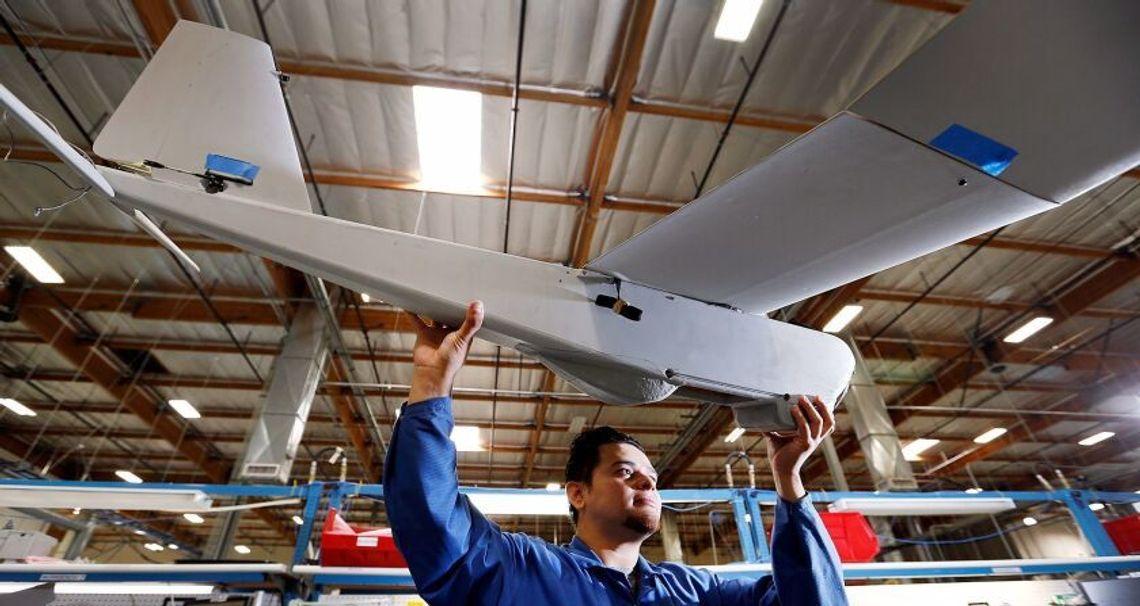
Vault Law Resource Center
Intellectual Property
Overview
Intellectual Property practice generally falls into one of three buckets: transactional IP, IP litigation, and patent prosecution. It is rare for an attorney to work in both IP transactions and litigation at a large firm but more common in smaller practices. Transactional IP attorneys work on transactions to license intellectual property assets or in support of M&A transactions to handle the IP-related issues in such deals. IP litigators work on disputes involving patents, copyrights, trademarks, and trade secrets. Patent prosecution involves assisting clients in obtaining patents from the Patent and Trademark Office. Patent prosecutors are required to have a science degree and to pass the Patent Bar examination. Patent lawyers evaluate whether their client’s request impinges on other intellectual property, defend against opposition to client’s applications in administrative trials, and oppose applications that impinge on the client’s intellectual property. Lawyers working in “hard IP”—patents and biotech assets—are often required to have a technical background even if not practicing before the patent bar and an undergraduate or graduate degree in science or engineering is helpful. IP lawyers need to fully understand the technologies, products, and businesses of their clients to represent their clients well.
































